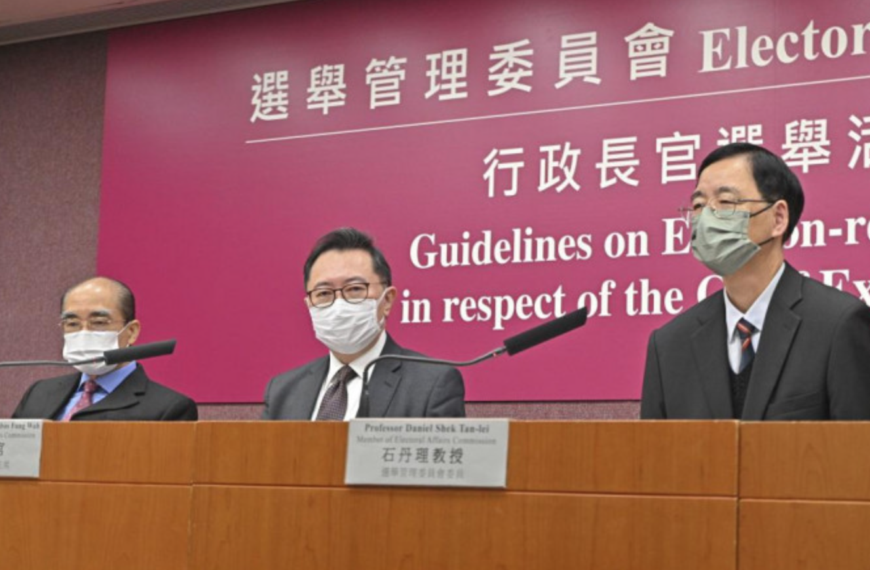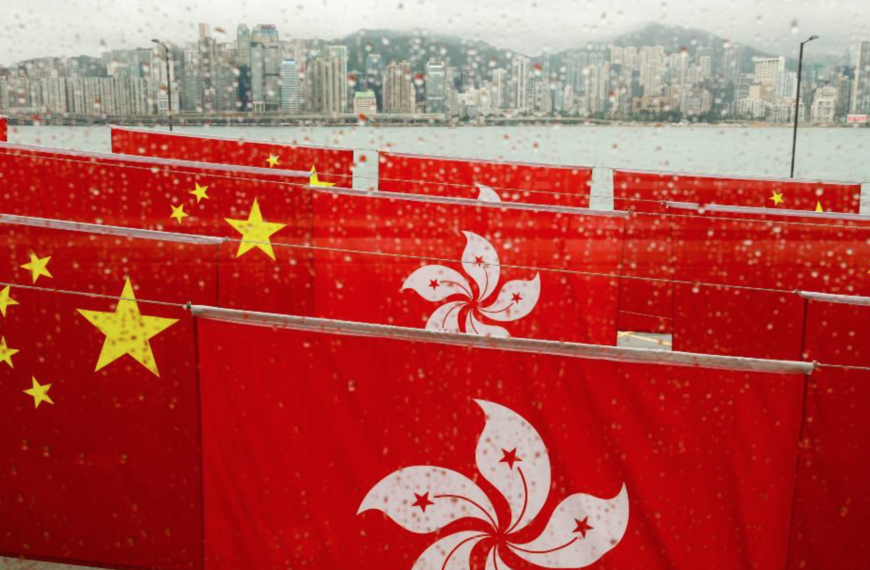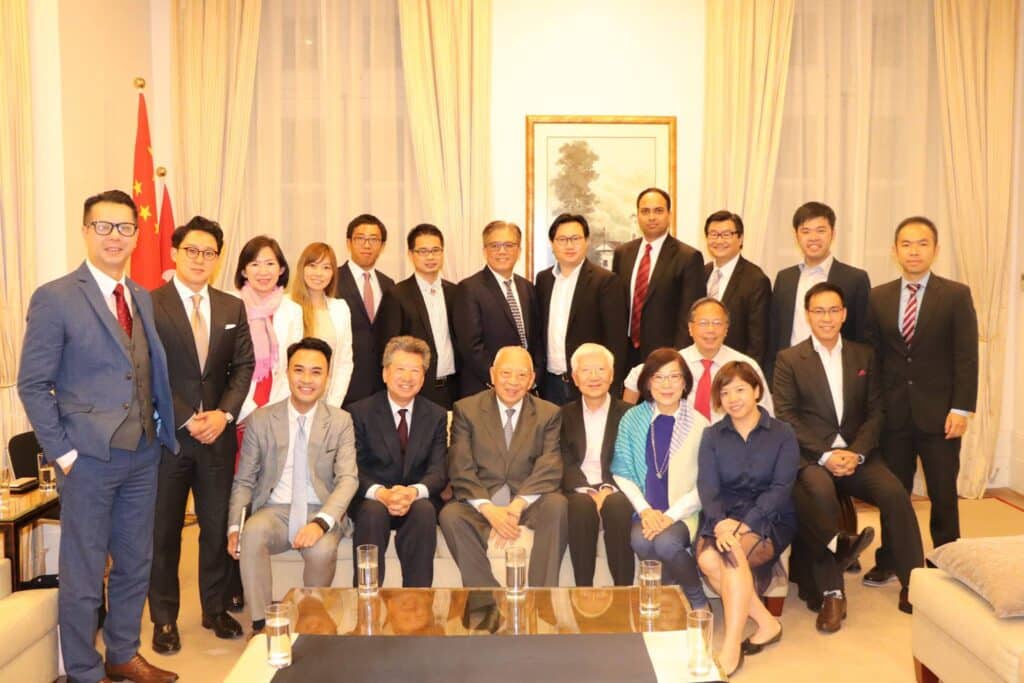
Hong Kong is renowned as an international financial centre. Being a "Centraller" (denizen of Central) is the goal of my peers. The formula for success consists of going to one of the most prestigious schools, majoring in the most popular field of study - business administration, and serving internship at the most profitable investment bank. In the past, I was the same as my peers, trying to squeeze into this success formula. However, at the time of my graduation in 2014, the society was brewing a movement to challenge Central. The movement triggered some reflection, which made me realize that a social rift had worsened to an extent beyond imagination. The Central District was not worthy enough to support Hong Kong in sustaining its prosperity, stability and a high degree of autonomy. With a sense of crisis, I altered my career path. I am firmly committed to resolving conflicts through communication and value the space provided for the existence of "one country, two systems."
When there are voices with different stances, it is even more critical to have a balanced and reasonable policy analysis that appropriately represents the social realities. By involving in Visit from Our Hong Kong Foundation I am adamant about undertaking objective and impartial research to broaden perspectives in the field of politics. During the time, I oversaw the One Country Two Systems Index and created the One Country, Two Systems Mass Media Index. These tracking indices were compiled based on local public opinions, international ratings and news sentiment, in the hope that people at both ends of the political spectrum could look beyond social conflicts to find some common ground, thereby narrowing differences. Another data portal has been launched recently, which is open to the general public, based on the principles of openness and transparency. It allows everyone who cares about Hong Kong to observe the execution of One Country Two Systems with a pragmatic mindset.
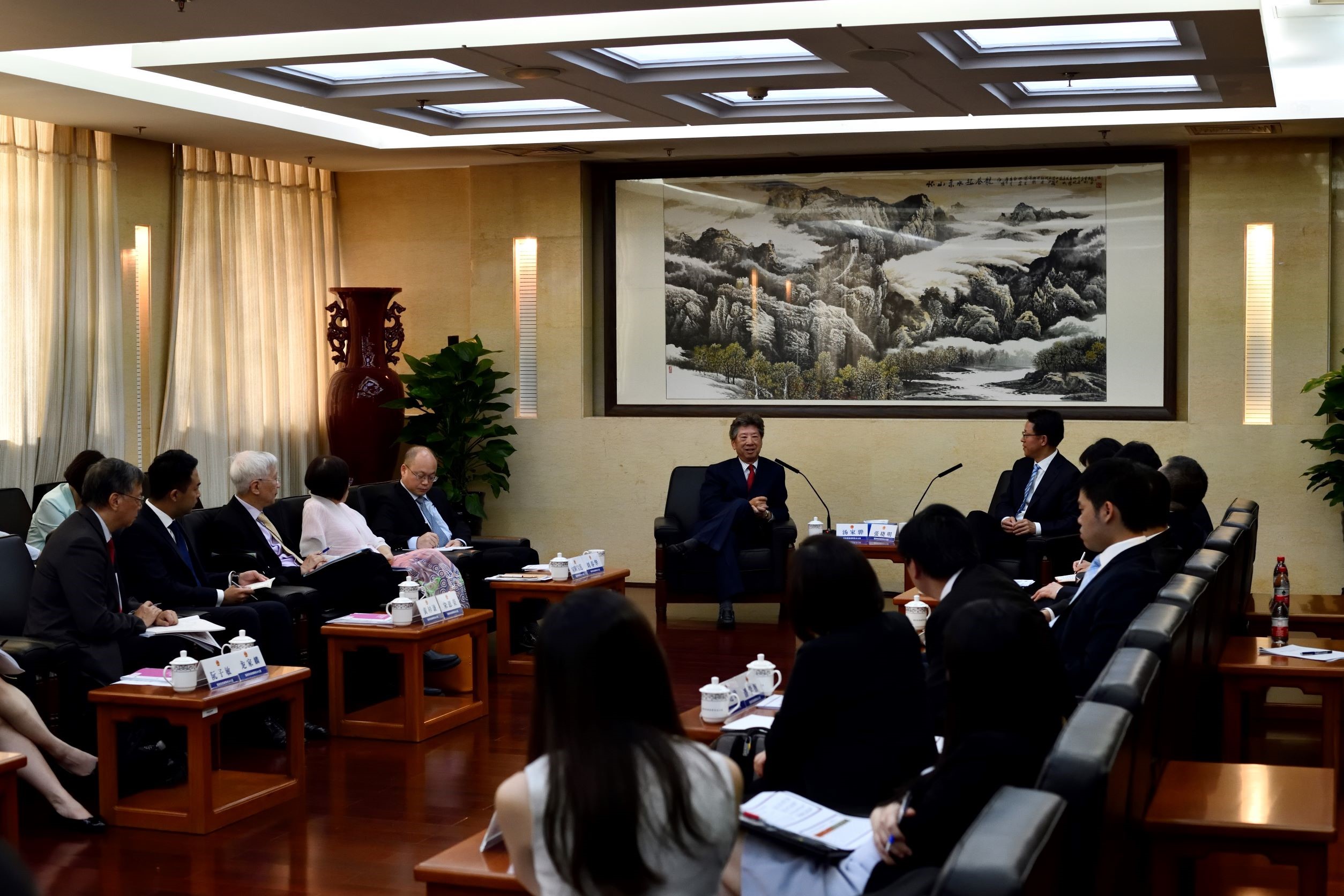
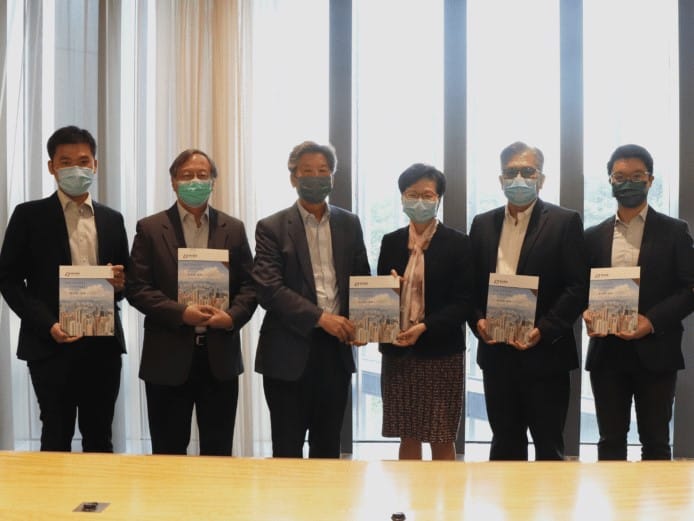
2019 was a troubled year with an unprecedented crisis in governance. There was widespread discontent and the government was unable to restore peace. I was concerned that the notion of “Hong Kong people ruling Hong Kong” was at stake. I was even more concerned about the possibility of a radical change in the future of Hong Kong after the '50 years remain changed' guarantee made by the Central Government. In 2047, my generation will reach the age of 'knowing your fate of life.' As a goal, we should strive for the return of the people's hearts and minds. Therefore, I orchestrated the 'Our Future beyond 2047' project and went to political parties, trade associations, universities, professional bodies, and civil organisations to try to build consensus early on for the continuation of One country Two Systems. It was an attempt to explore a development path that could protect not only freedom and rights, but also national interests, to allow Hong Kong to continue to play the role of China's international metropolis.

